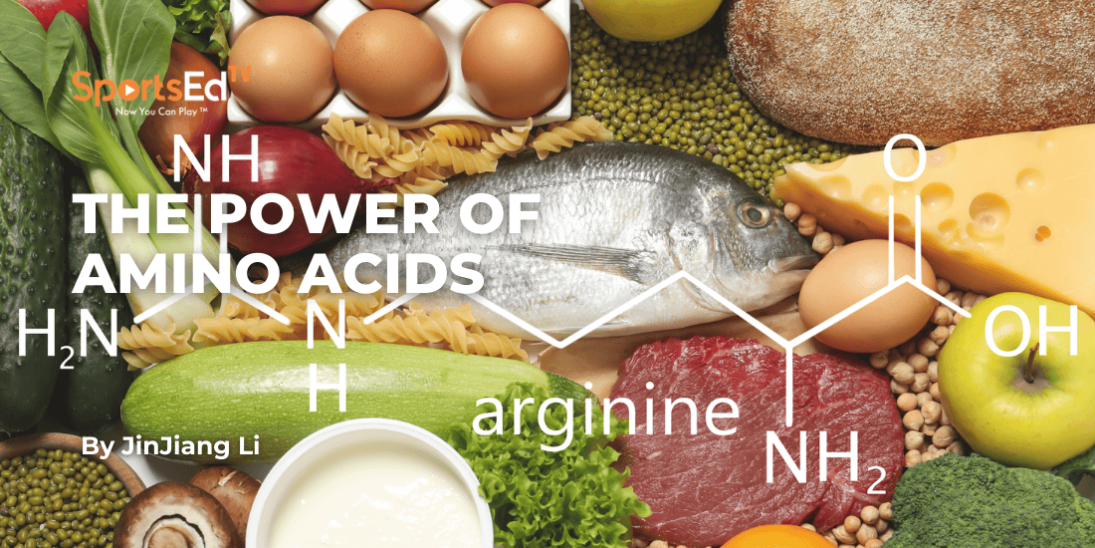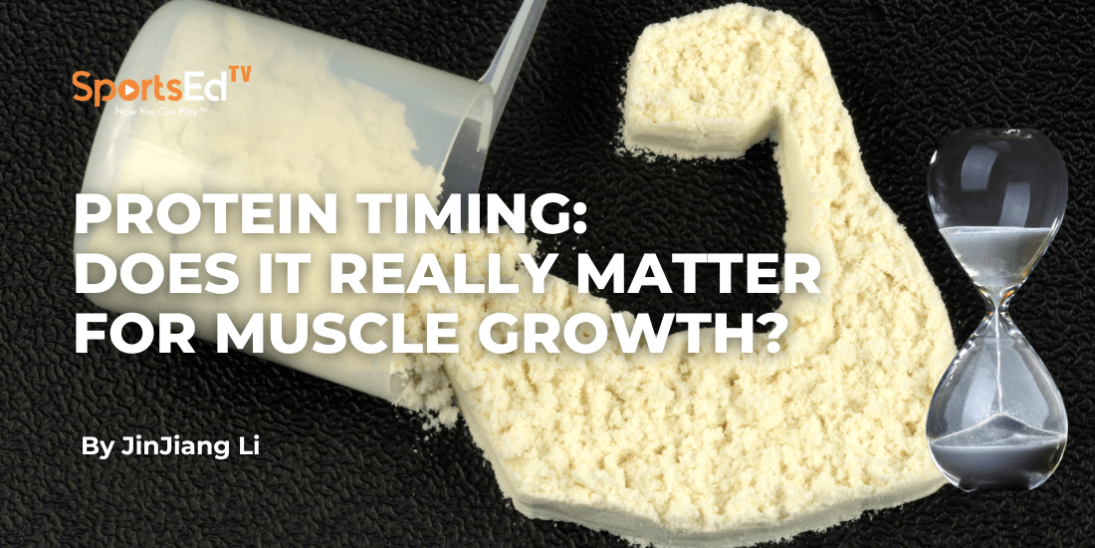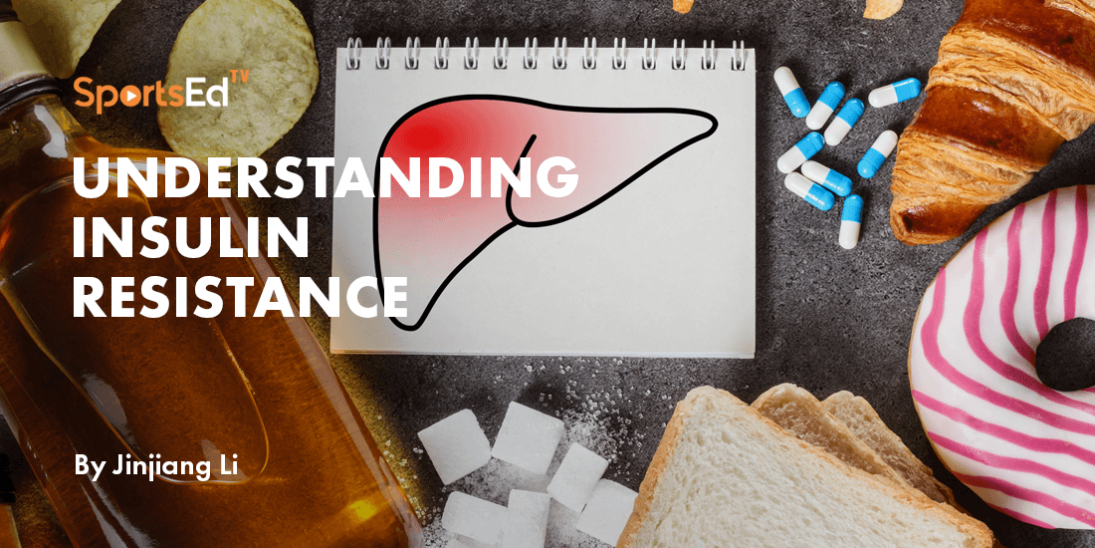Nutrition, Strength And Conditioning
Welcome and thanks for visiting...

The Truth About Carbs, Insulin, and Weight Gain: What Science Really Says
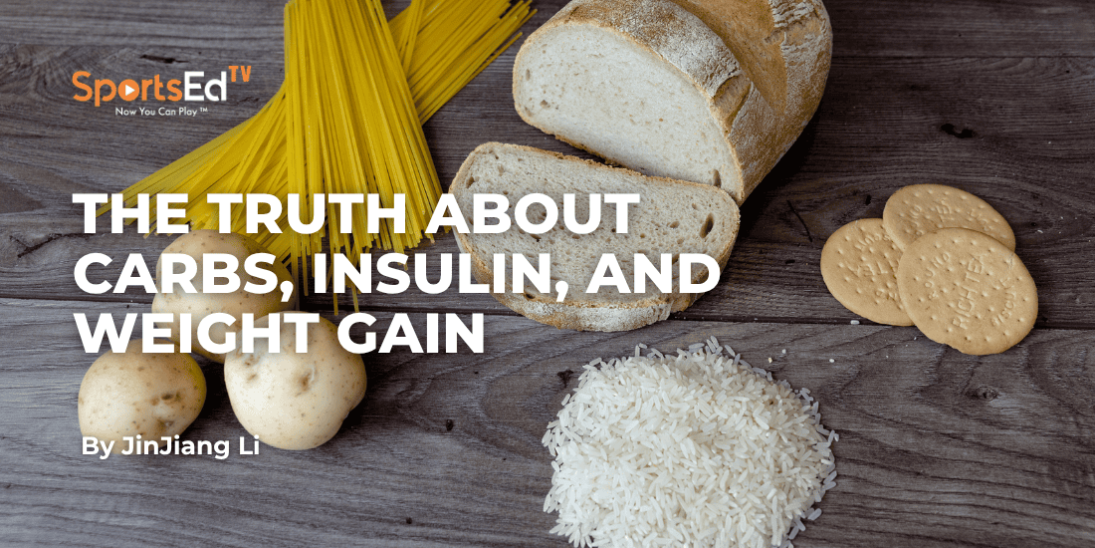
You've probably heard it before: carbs spike insulin, insulin stores fat, and that's why you gain weight. This idea comes from the carbohydrate-insulin model (CIM)—a theory that's gained traction in wellness circles, media, and even some nutrition programs.
But how accurate is this claim? Is insulin the real villain in the obesity crisis, or is it just a scapegoat?
Let’s examine what the science says.
What the Carb-Insulin Model Claims
The carbohydrate-insulin model flips the traditional view of obesity upside down. Here's the comparison:
-
Energy balance model (consensus): You gain weight because you eat more calories than you burn.
-
Carb-insulin model: You eat carbs → Insulin spikes → Nutrients are shuttled into fat cells → Blood energy drops → You feel hungry and tired → You eat more → You gain weight.
It’s an attractive theory, but it doesn't hold up when we put it under the microscope.
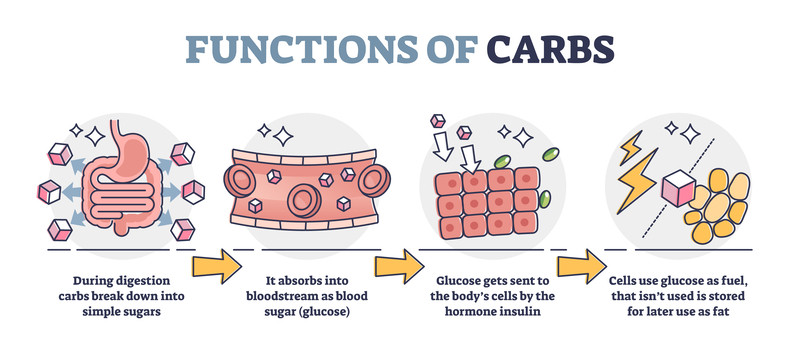
High Insulin and Fat Burning: Is the “Lid” Really Closed?
A popular visual analogy suggests high insulin is like a lid on fat burning; when insulin is up, fat burning is off.
But scientific studies show otherwise. When calories and protein are held constant, switching from a high-carb to a low-carb diet increases energy expenditure by just 57 calories a day, hardly enough to make a major difference.
Controlled metabolic ward trials have shown that low-carb diets may increase fat oxidation but often result in slightly less fat loss than high-carb diets with the same number of calories.
Do Blood Sugar Dips Trigger Hunger?
CIM suggests that insulin traps nutrients in fat cells, lowering circulating energy and driving hunger. But in real-world studies:
-
People with obesity typically have higher levels of glucose, fatty acids, and amino acids in the bloodstream, not lower.
-
Research tracking individuals over time found that elevated amino acids in the blood were associated with insulin resistance—but only in those who were overweight.
So the idea of “internal starvation” doesn’t match what we see in people gaining weight.
What About Your Metabolism?
Some proponents argue that elevated insulin levels suppress resting metabolic rate, contributing to weight gain. However, tightly controlled metabolic ward studies suggest that any increase in energy expenditure from low-carb diets is minimal and short-lived. In one such study, participants following a low-carb diet experienced a slight rise in energy expenditure—around 57 calories per day—but ultimately lost less body fat compared to those on a high-carb diet with the same caloric and protein intake.
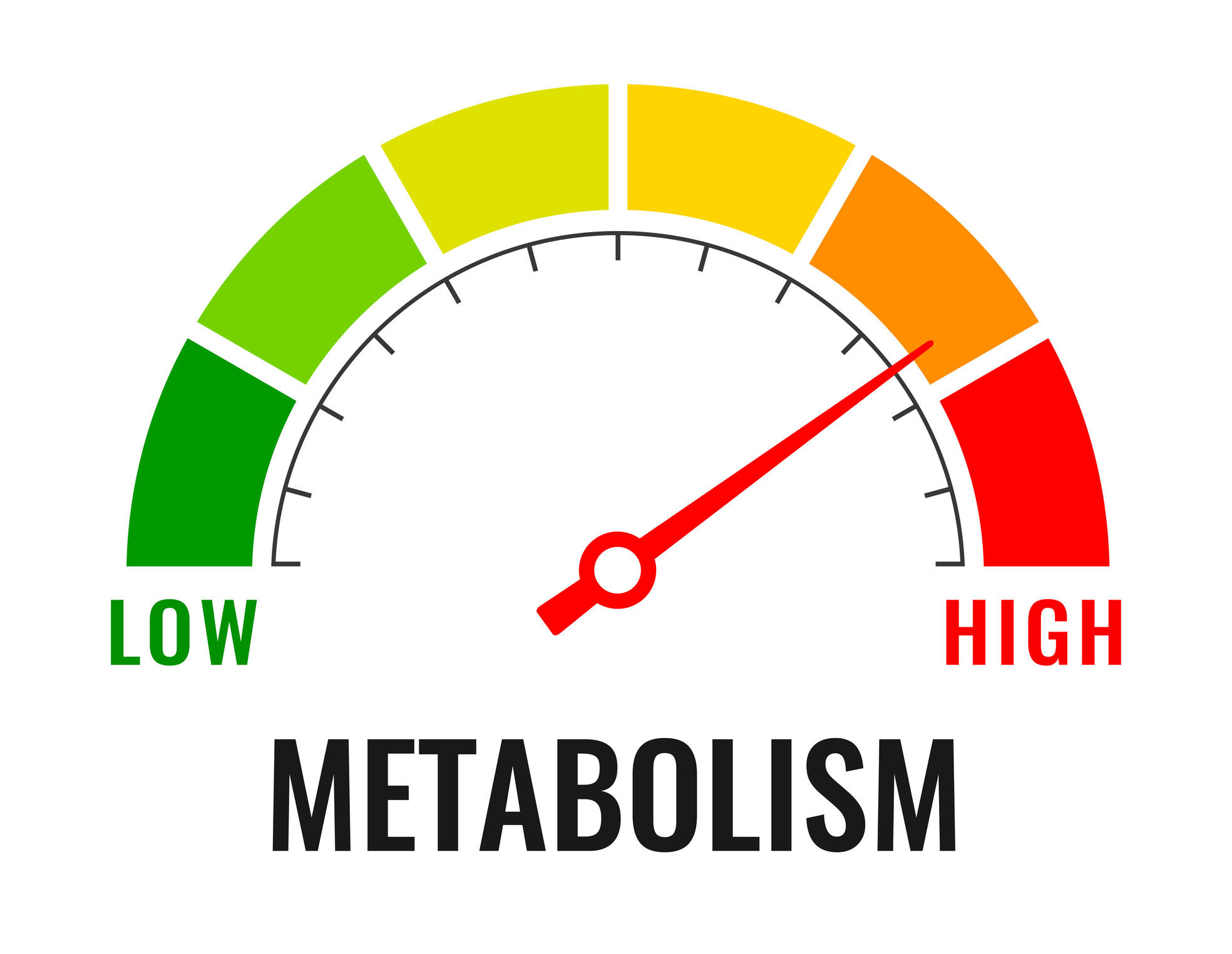
Real-World Studies: Do Low-Carb Diets Work Better?
If the CIM were correct, people on high-carb diets should struggle more with hunger and fat gain, even when they try to control calories.
But that’s not what long-term trials show.
A review of over 60 randomized controlled trials involving nearly 7,000 people found that low-carb diets offered no significant advantage over balanced-carb diets in terms of long-term weight loss, regardless of whether participants had type 2 diabetes or not.
Why the Insulin Story Persists
The carb-insulin theory is simple. It gives people a clear villain: carbs. And it’s often used to market books, courses, and diet plans.
But simplicity doesn’t equal truth.
Real metabolism is far more complex. Hunger, satiety, physical activity, food quality, stress, sleep, environment, and genetics play a role.
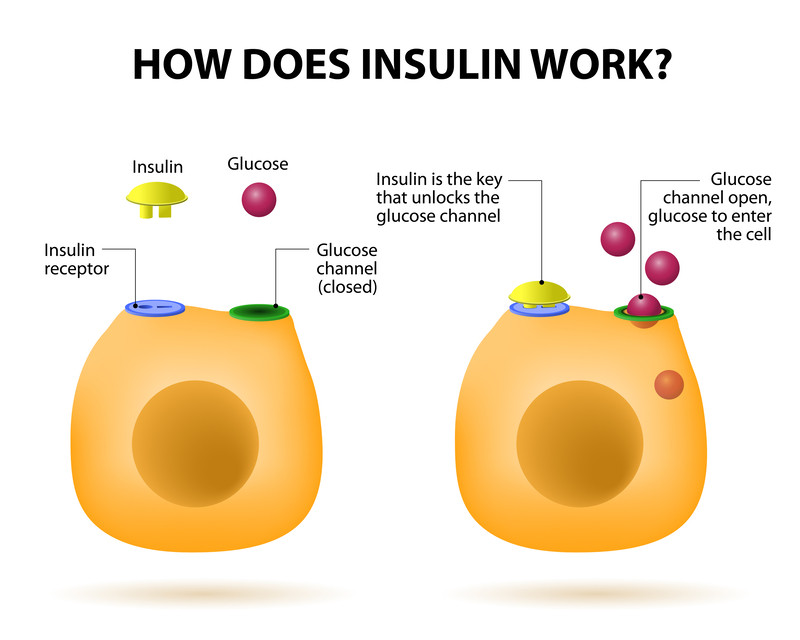
Final Word: Calories Still Matter Most
The carbohydrate-insulin model offers an alternative explanation for obesity, claiming that carbs increase insulin, which drives fat storage and hunger. However, most scientific evidence doesn’t support it as a primary cause of weight gain.
The bottom line: Weight gain happens when calorie intake exceeds energy expenditure, not simply when insulin is high.
So instead of fearing carbs, focus on:
-
Eating whole, minimally processed foods
-
Managing portions and hunger cues
-
Staying active
-
Building consistent, sustainable habits
References
-
Hall KD, et al. (2016). Energy expenditure and body composition changes after an isocaloric ketogenic diet in overweight and obese men. Am J Clin Nutr. https://pubmed.ncbi.nlm.nih.gov/26832335/
-
Hall KD, et al. (2015). Calorie for calorie, dietary fat restriction results in more body fat loss than carbohydrate restriction. Cell Metab. https://pubmed.ncbi.nlm.nih.gov/26278052/
-
Okekunle AP, et al. (2020). Serum amino acid profiles are associated with metabolic syndrome and insulin resistance in Japanese workers. Nutrients. https://pubmed.ncbi.nlm.nih.gov/32629923/
-
Naude CE, et al. (2014). Low-carbohydrate versus balanced diets for reducing weight and cardiovascular risk. PLOS ONE. https://journals.plos.org/plosone/article?id=10.1371/journal.pone.0100652
-
Holt SHA, et al. (1995). A satiety index of common foods. Eur J Clin Nutr. https://pubmed.ncbi.nlm.nih.gov/7498104/






